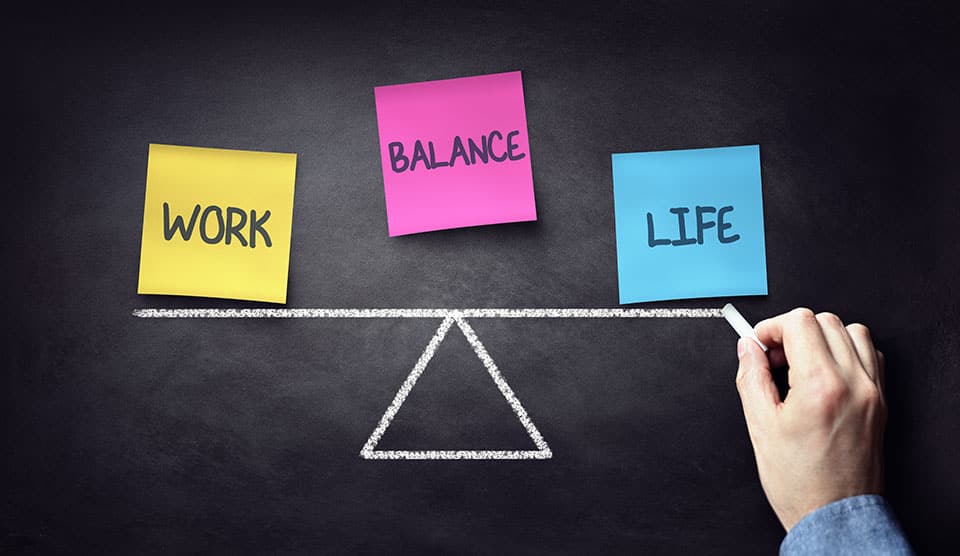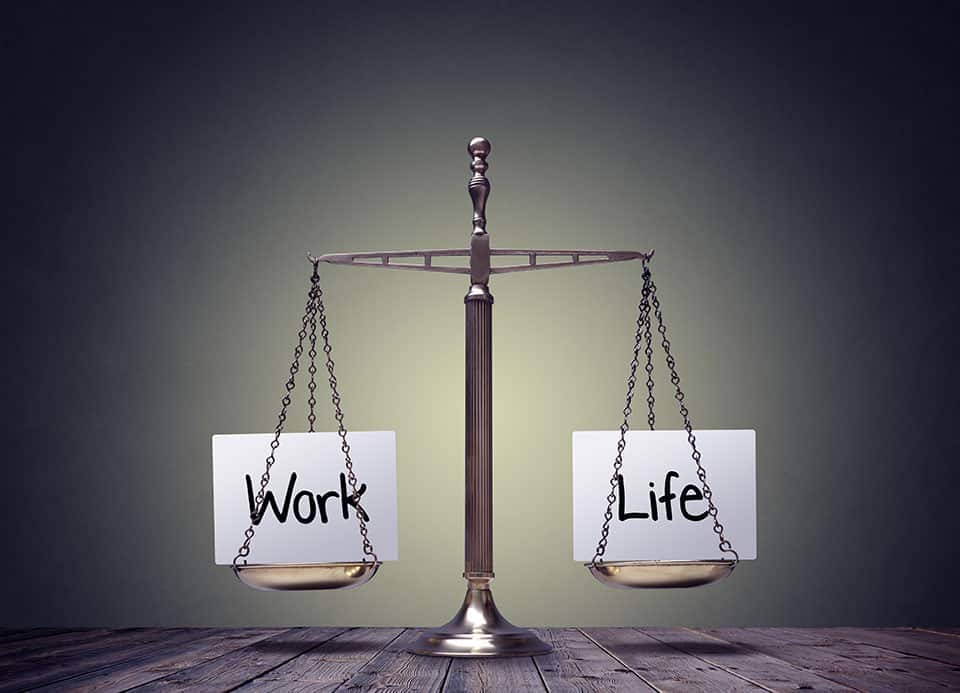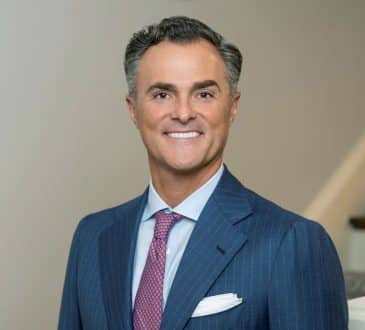Your Health is Your Wealth: How to Assess Your Employer’s Approach to Health

Considering personal health throughout your career is paramount to your success. You can’t keep achieving if your health is compromised. But you can’t engineer a healthy career by yourself. It has to be a partnership between you and your employer.
Health benefits should be considered part of your compensation package, whether the employer offers an on-site medical clinic, allows employees to work remotely or take a brief sabbatical, or makes it possible for them to care for family members. Evaluating how an employer hits those marks could be critical in helping or hindering your career — and your life.
One of my best friends landed a job where she can work from home one day a week of her choosing. She also got a 30% bump in pay. But what she was really excited about was that one day of flexibility. It allowed her to help take care her mom, who was recovering from cancer, without having to leave work early, take a day off, or feel like she wasn’t committed.
Health matters, regardless of salary or role. At a dinner one year at the World Economic Forum in Davos, then-head of the International Monetary Fund, Christine Lagarde, discussed balancing life and work. Throughout the room, other powerful, accomplished women revealed that their daily lives were remarkably similar to the lives of hundreds of women I’d surveyed for my own research. I’d found that everyone was technically working seven days a week. Some also had children to care for, or managed the care of elderly parents in a different time zone or across an ocean.
You need to have a healthy career — and that requires the right employer. Here’s what to look for:
- Look for a portfolio of benefits.
The benefits a company offers are as critical as company brand, compensation, and upward mobility. Look for flexibility, reciprocity, and autonomy. Many executive women finally broke into the halls of power only to find themselves working two jobs as caregivers for aging parents, putting self-care on the back burner. I never called in sick during my ascent — and worked on my laptop bedside while caring for my mom. Many female colleagues and respondents to my survey have said the same thing. Any sick days taken are likely being used to take care of others. - Value your health status as much as your career.
Negotiate for the best package. While salary is important in negotiating for a position (and always negotiate the best market package) your health should be part of your compensation package. I used to say that with a $150,000 job, not commuting would be worth $25,000: the time I got back would equal a bonus. Are half-day Fridays in the summer or emergency day care worth $10,000 a year? - Set up a healthy job from the start.
Look for companies whose health values align with your own: where you like the brand and believe they’re doing good or solving some unmet need. Consider company culture: Does the company back up the image it presents to the world, with, for instance, an on-site gym, an on-site health clinic? Or, is it the kind of company where you show up to work in the dark, take no breaks, and leave in the dark? If you don’t build health into your schedule from the start, you may wind up realizing that in two years you’ve gained twenty pounds and lost endless nights of sleep. Look for red flags, and take them seriously. 48% of respondents to my survey couldn’t see a doctor due to workload. - Assess the policies around caregiving.
When vetting a company, find out their caregiving policy and work-at-home options. Even one afternoon a week can be huge for some people — and more of us are taking on caregiver roles, particularly older employees in higher-level jobs. One recent study found that 32% of workers left their jobs as they found it impossible to balance their responsibilities at work and at home. Some 28% said they were passed over for a raise, promotion, or challenging assignments due to caregiving. The research also exposed a telling discrepancy: 80% of workers — versus 24% of employers — said they were unable to do their best work because of their caregiving roles. Companies need to recognize that the majority of their workforce may be caregivers and employees at the same time. - Consider the commute.
According to the US Census Bureau, ninety-minute, one-way commutes are on the rise — that’s one full month a year spent travelling. Do you have that kind of commute? Do you commute two hours one way, as I did when I worked for a company and had to traverse the Tappan Zee Bridge every day? If so, ask yourself why. Would you be willing to take $10,000 less as a tradeoff for that commute? What would you do with an extra two hours a day, if you could get them back? - Continually evaluate and score the job in terms of your own health.
As you ascend, consider if the job is the best fit in terms of health. Are you proud to talk about this company outside of work? Do the job-related commute, homework and travel eat up more than seventy hours a week? Score your job on how it affects your general health, sleep, exercise, medication use, and psychosocial elements. Is your boss healthy? Is there an onsite medical clinic or gym? Will the stress levels cut into your sleep or cause migraines? Can you care for those you love? Each week, rate how healthy your job was on a 1–10 scale. If it’s a perpetually low score, take action.
Many organizations are waking up to the reality that if work makes talent sick, they will look for healthier options. And the best talent will leave first. Value your health as an asset that should keep growing as you grow your career. If your employer doesn’t see it that way, look for one that does.
Have you read?
World’s Most Expensive Hotels For High Net Worth Individuals, 2020.
These Are The Most Traffic-Congested Cities In The World, 2020.
Workplace Burnout: Cities Around The World With The Most And Least Stressed Out Employees, 2020.
Which countries are most and least prepared to deal with an epidemic or pandemic like the Coronavirus?
World’s Best (And Worst) Countries For Older People To Live In, 2020.
Countries With The Highest Life Expectancy In The World.
Most Expensive Countries In The World To Live In, 2020.
——————–
Turkey Citizenship By Investment Program, Moldova Citizenship By Investment Program, Vanuatu Citizenship By Investment Program, and The Montenegro Citizenship By Investment Program.
Bring the best of the CEOWORLD magazine's global journalism to audiences in the United States and around the world. - Add CEOWORLD magazine to your Google News feed.
Follow CEOWORLD magazine headlines on: Google News, LinkedIn, Twitter, and Facebook.
Copyright 2025 The CEOWORLD magazine. All rights reserved. This material (and any extract from it) must not be copied, redistributed or placed on any website, without CEOWORLD magazine' prior written consent. For media queries, please contact: info@ceoworld.biz













